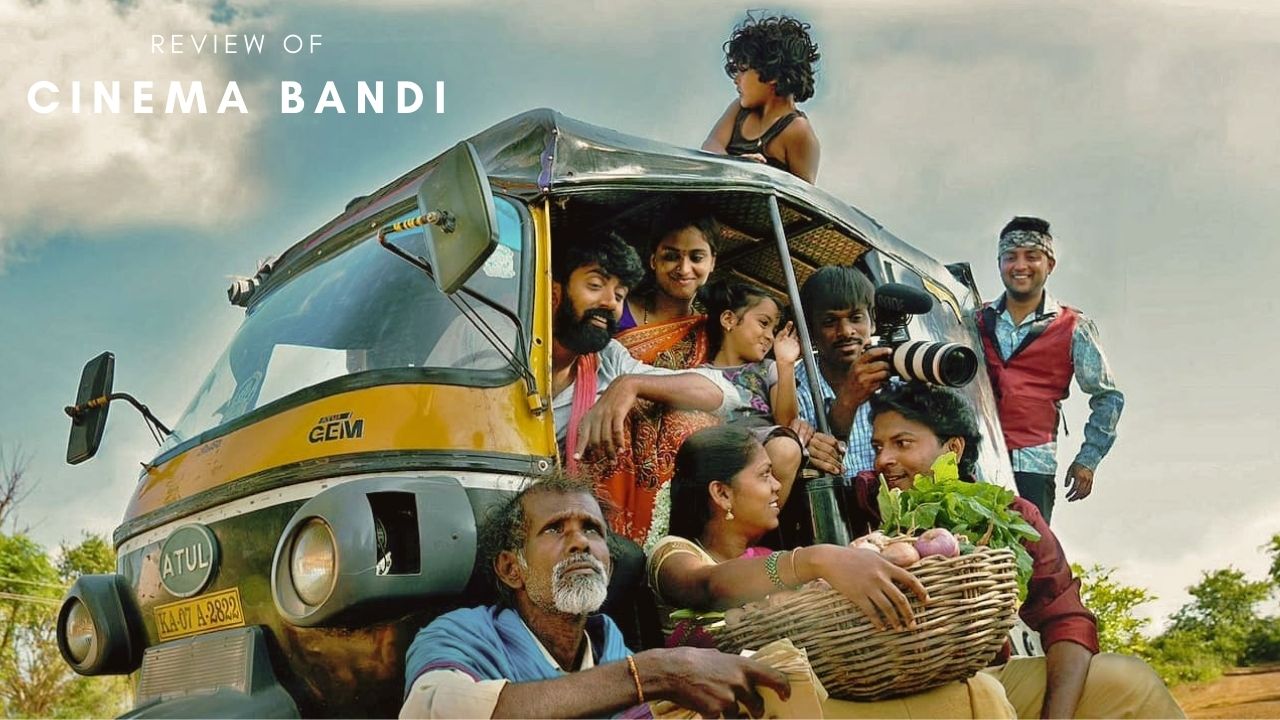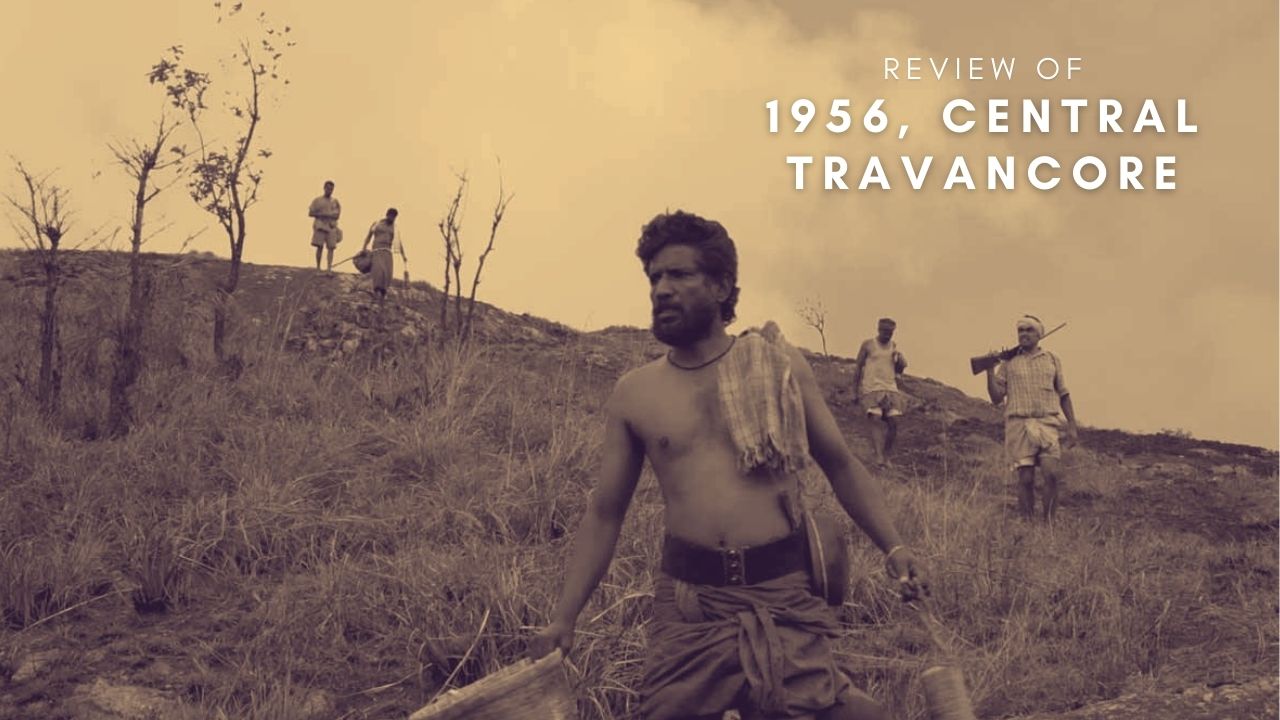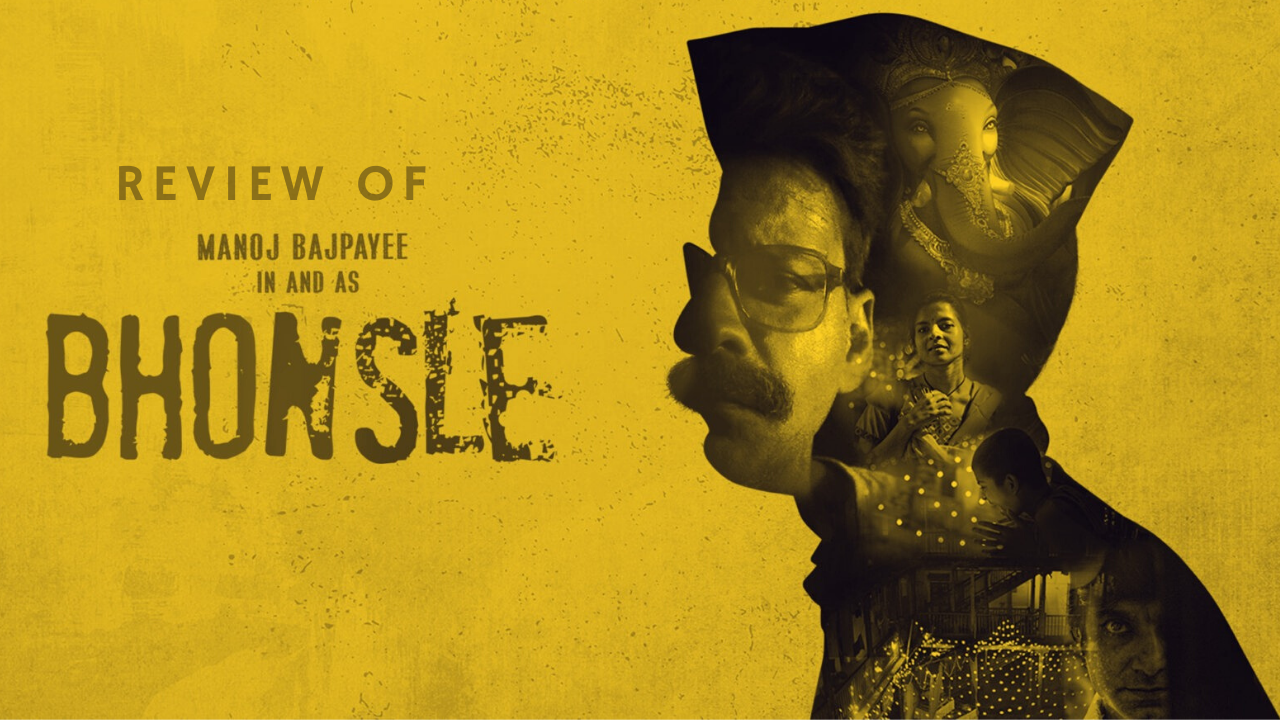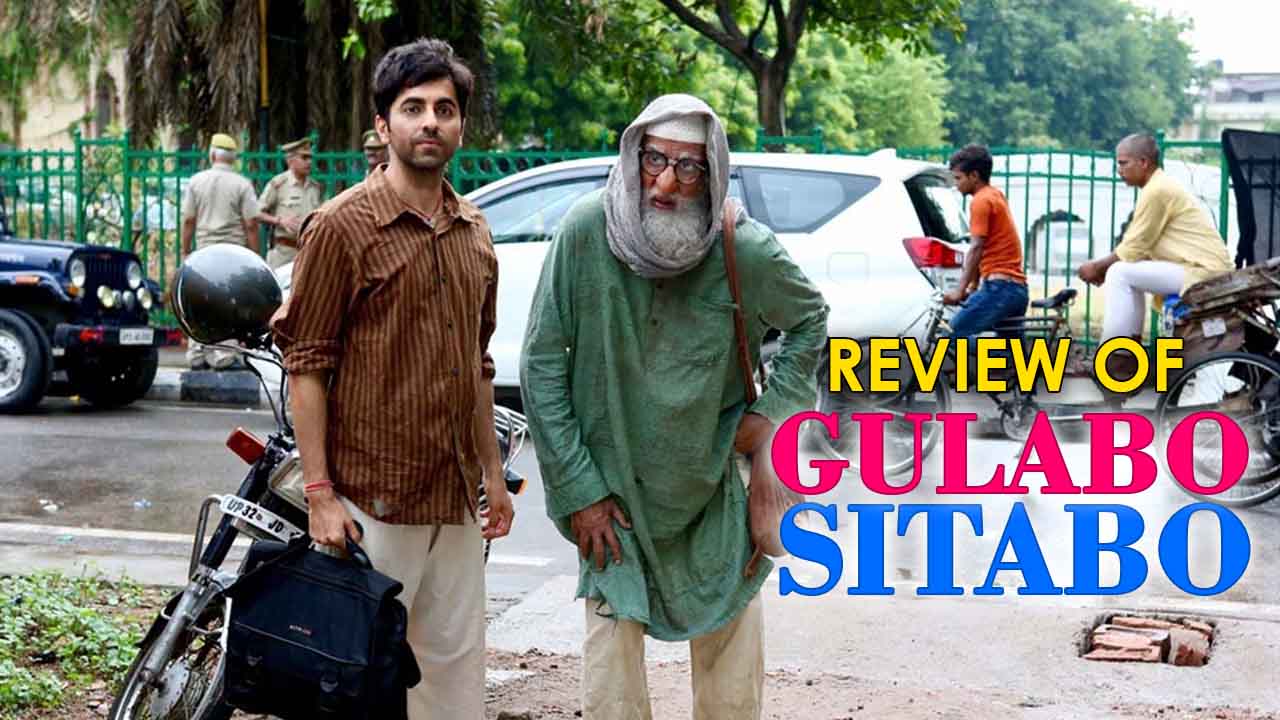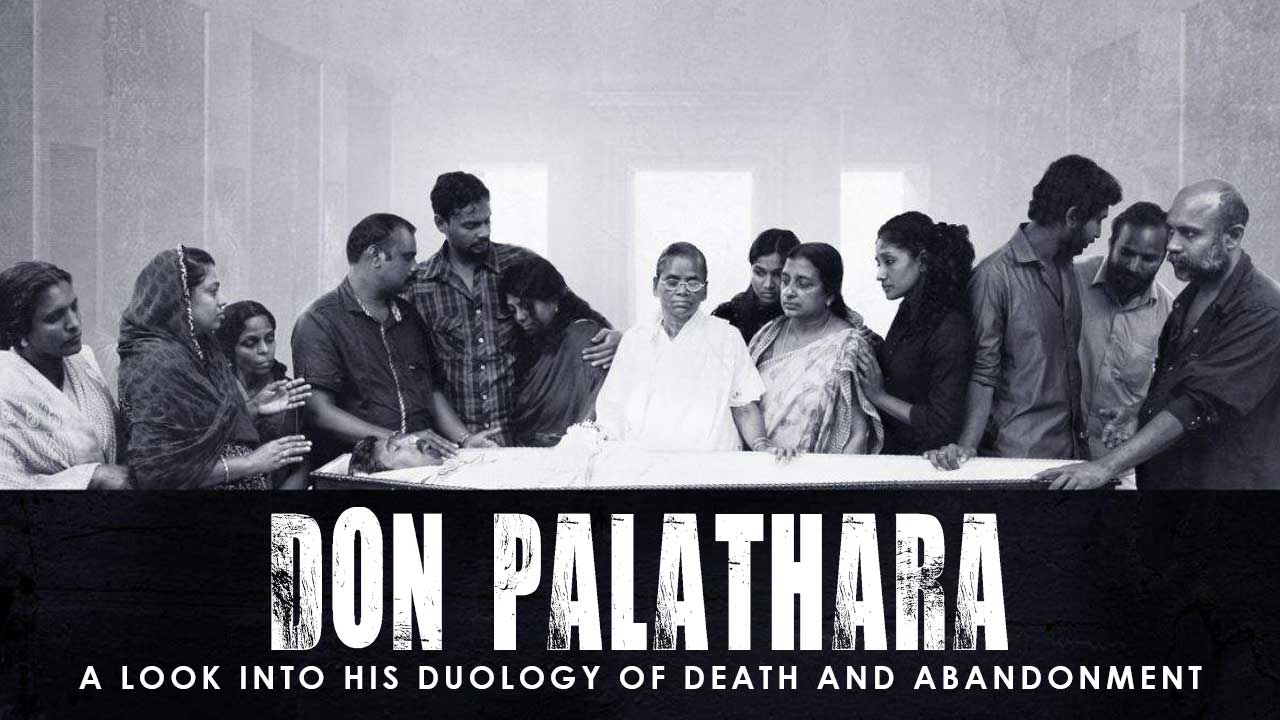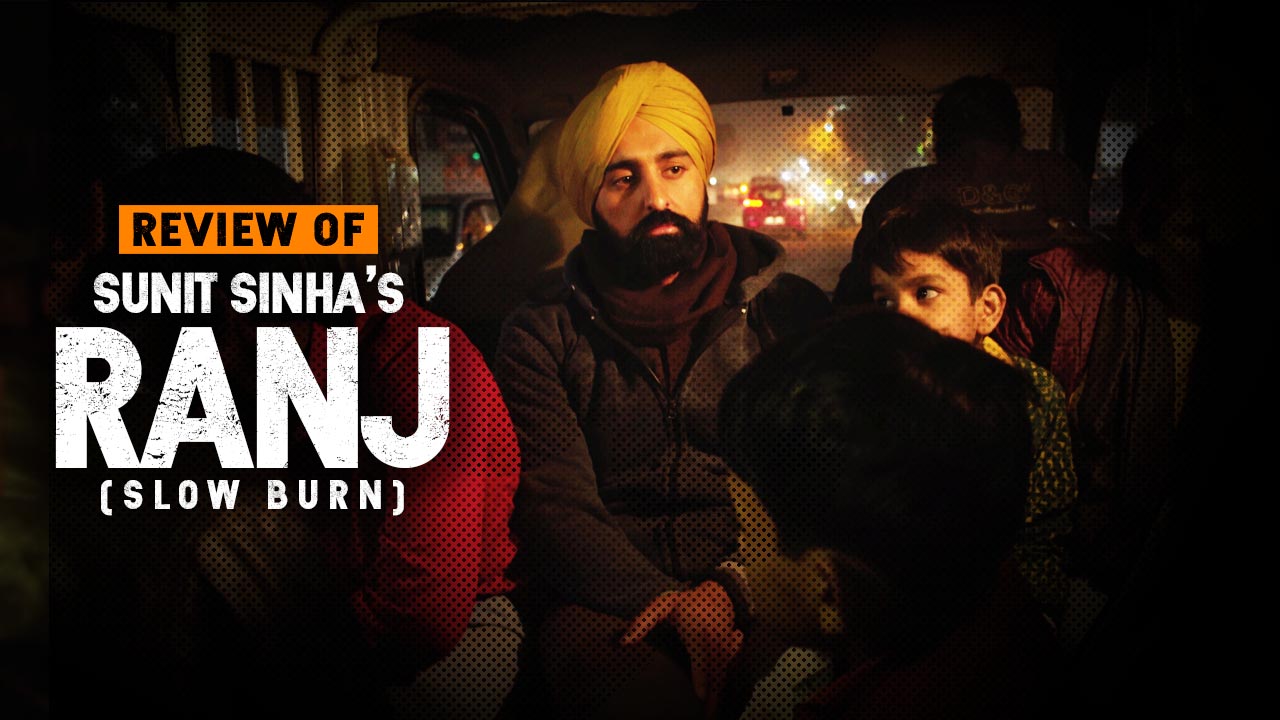
Ranj (Slow Burn) – A Juxtaposition Of A Progressive World…
Immigration. Alienation. Despair. These words and themes are the pretexts for most of us who move to anyone in hopes of making it big. These are the concepts which majority of our country’s population instantly relates to, as we see the influx of migration from our rural setups to urban cities, grow greater than ever before. Exodus in all forms is the norm of the day. In our day to day life, we all have heard of stories concerning immigrants resorting to menial jobs, participating in despicable acts of violence, or sometimes, if fortune favors them, scaffold on to some elusive success. However, in most cases the said migration leads to some sort of divisive defeats, either financially, physically or mentally, which leave deep cut wounds on a person’s hopes and aspirations. The film Ranj (English Title – Slow Burn) written and directed by Sunit Sinha, captures the slow descent to despair of a volatile life in the city, with acute observations and juxtaposing maladies. The film, aptly monikered Slow Burn, is in itself a gradual pile up of aggravating thoughts and ideas of a man, seemingly crushed by the concrete structures of a claustrophobic city and pushed to the brink by its ruthless inhabitants.
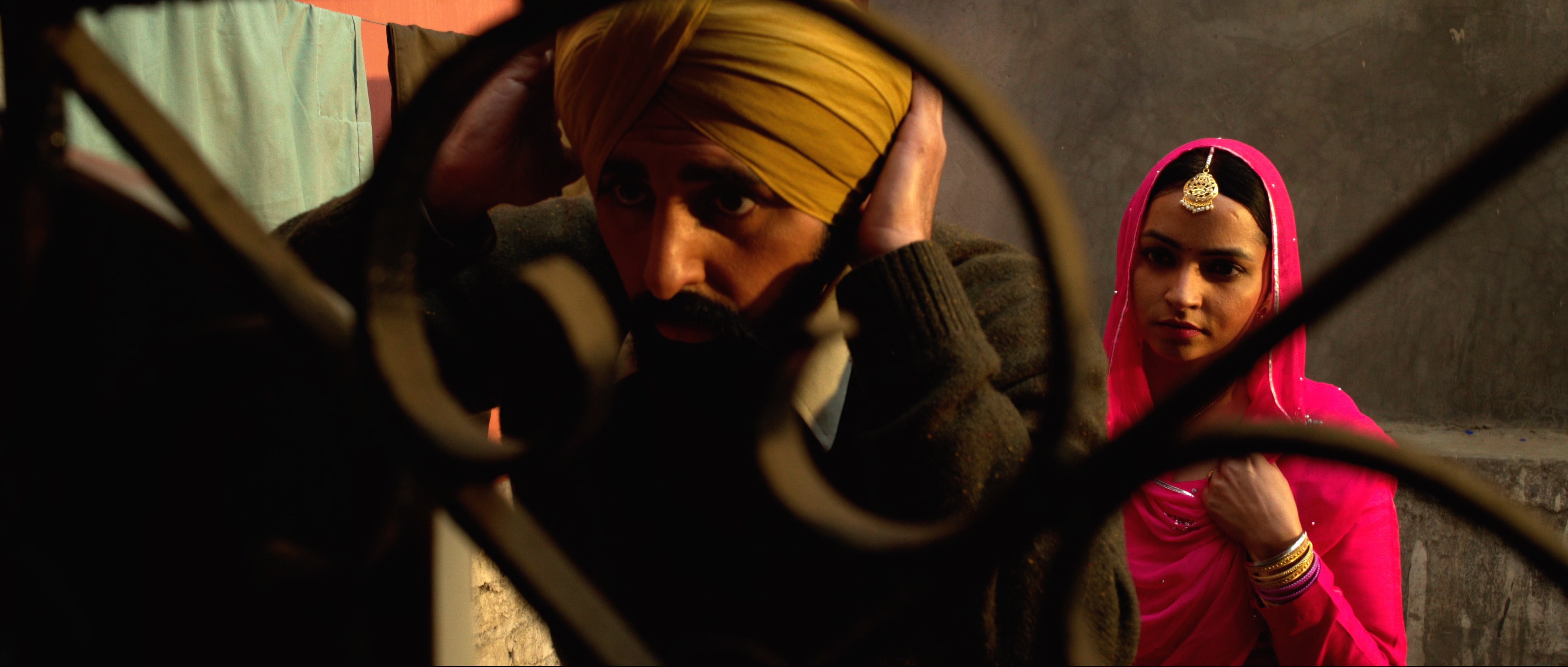
In Ranj (Slow Burn), we start with the detailed framing of a barren land, devoid of life and vegetation, adjoining a road upon which a strong built Sardar, Amanpreet Singh, awaits for a shuttle auto to leave his village. A faint voice of his lover is heard calling out his name in the background, as Amanpreet (played by Adesh Sidhu) slouches and sits unsure of the destiny which awaits him at the nation’s capital, New Delhi. We meet Amanpreet after seemingly a long period of time, as he now appears to be in a state of despair. As it were, the city has got onto to his nerves, and the immigrant is palpably feeling undefinable anguish towards it simmering under his skin. His deep-rooted fondness of his village back in Punjab, reminds him vividly of a life which made sense to him. Although, it is quickly established in the story that Amanpreet was just idling away time in the village, it is also layeredly showcased as to how this passive lifestyle, best suits him. Here in the city, Amanpreet, a literal nobody, is forced to work at a hardware shop near Ajmer Gate, Old Delhi, absorb the unfair treatment throbbed down his throat by his boss and colleagues, take up a string of arguments to get his salary, and after all this, somehow find the strength to come back home, only to be nagged by his owner for him to cough up the lease rent.
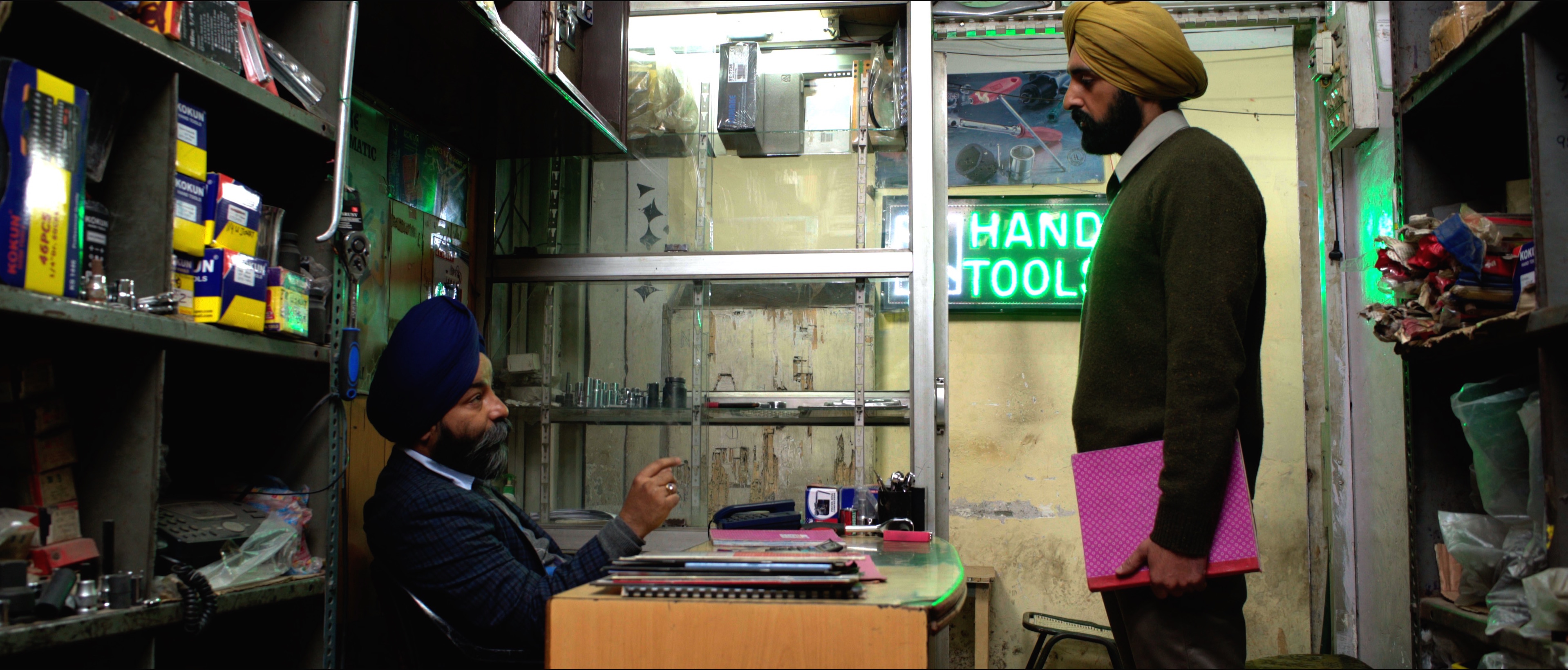
The Classic Tale Retold With Fresh Strokes…
The movie at the first glance comes across as a typical ode to the familiar tale of ‘fish-out-water’ scenario. Everything and everyone are cruel and ill-meaning in the city, and the sympathetic immigrant is a victim of circumstances. However, Ranj (Slow Burn) while still being an immigration tale, also ponders deep into the psyche of a man with a self-defeatist attitude, willing to remain unchanged and crashing into his problems, headfirst. Sunit Sinha carefully builds a character which walks the thin line between being highly gullible and at the same time, being grossly irresponsible. At one time it is a movie about the society crumbling down a man, and at another instance it is also about a man unwilling to let go of his misplaced privilege over life, owed mainly to his inherent cowardice towards facing the consequences.

Sunit Sinha deftly establishes Amanpreet Singh as a man who is fascinated by just gazing at the stars, suddenly propelled into a life of responsibilities and slapped down labor. As this pampered youngster, left with no choice to fend for himself comes to a bustling city full of dangling wires, chirping streetlights and immoral citizens; he finds resort in gulping down alcohol, or flaring up for minimal reasons, as the means of defense. Here is a man who is not angry owing of his failures, but because he has been dislocated from his comfort zone. Sunit Sinha therefore presents a tale of an atypical youth driving through a life of a typical immigrant. And because of this juxtaposition, we see Amanpreet spiral down into an abyss of justified violence which seems more comforting to him than to own up responsibilities.
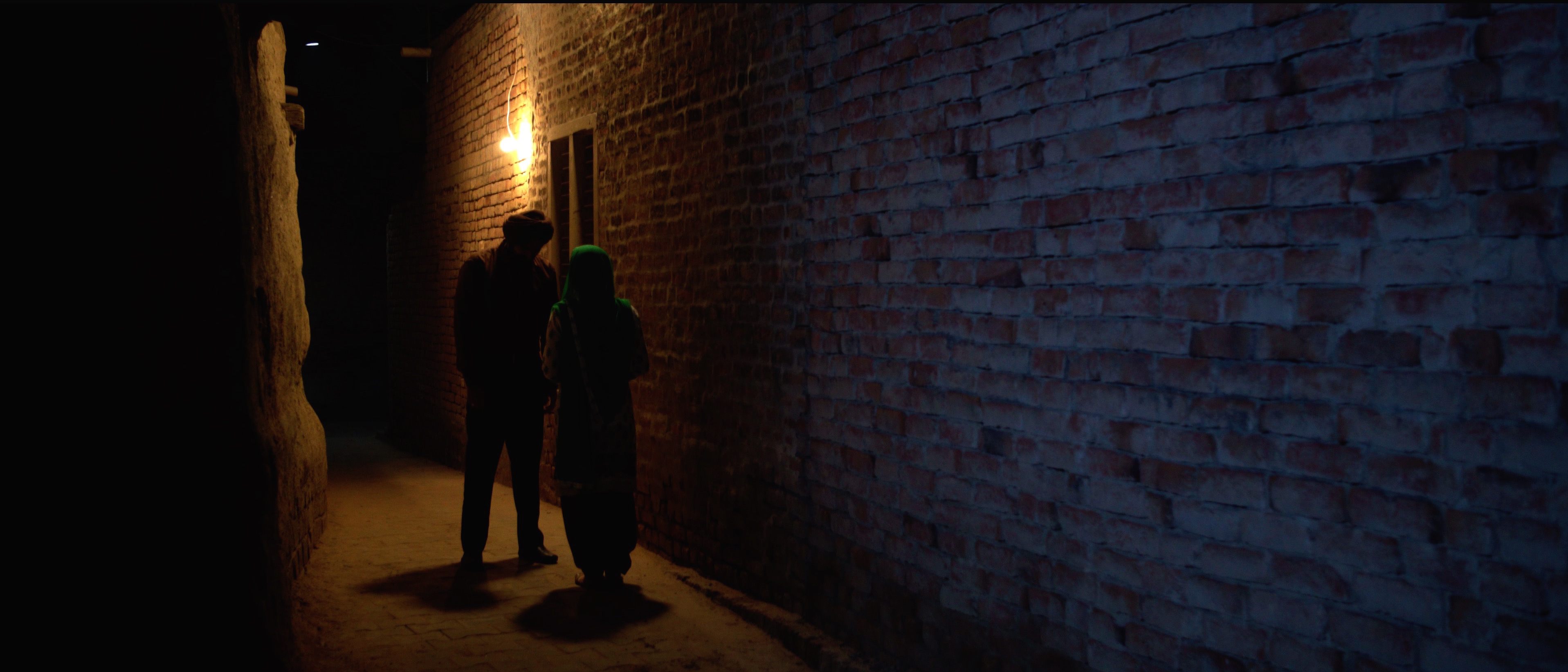
The Striking Features Of The Film…
The story serving as metaphorical narrative of our rural setups, finds its protagonist in Adesh Sidhu who uses his alarmingly striking screen presence to best effect. Adesh Sidhu infuses Amanpreet with unnervingly mild-mannered voice, which contradicts his overall tall and bulky arrogant persona. It is the wordless portions of the movie where Adesh truly shines in his acting, ranging from blank stares at the dizzying curtails of the city, to the piercing gazes at the senseless people around him, to markedly judgmental stances at a local prostitute minding her own business. Through the story, Adesh Sidhu palpably exhausts himself with an overwhelming stock of miseries. With impeccable details to the character, Adesh Sidhu makes his Amanpreet a figure of sympathetic confusion but refrains from making him a stereotypical wronged one. As his desperation leads to violent means, Adesh brings out the rage of the character, with a measured scale of madness which lingers long after his act.

The story of this lost soul in a wide bustling world, is brought to life with brilliant cinematography from Bhavpreet Singh. The camera swivels into the bleak lanes of Old Delhi, randomly observing the dangling wires and pillars, while again detachedly standing across a road to observe subjects which fail to impress it. In doing so, the camera becomes the pivotal point of view for the story to unfold. From lush green fields in the thick of harvest back in the village, to wintery cold mists blanketing the deserted roads in the city, the camera never fails to capture the irony of Amanpreet’s life. This is ably supported by a minimal and effective sound score by Shashwat Srivastava, who brings in an atmospheric ambience to the proceedings. The sound design waxes and wanes along with the protagonist as his hopes get crushed on a routine basis. The soundtrack then picks up a nostalgic sweetness when Amanpreet reminiscences a life gone by, and yet thereafter settles down to a sense of melancholic preposition when Amanpreet starts to crack under pressure. Thus, it takes up the journey of stapled despair along with its protagonist all through the movie.
Ranj (Slow Burn) already showcased in this years, Mumbai International Film Festival, has been highly acclaimed for its meticulous storytelling in International Film Festivals like Indian Film Festival Of Melbourne, Singapore South Asian International Film Festival, Chicago South Asian Film Festival, among others. Coming from high acclaim for his short features – Subah Ke Pehle (2015) and Laal Jalthi Hai Chitha (2017), Sunit Sinha delivers an assured and masterfully crafted debut feature, Ranj (Slow Burn) which delivers a distinctly personal narrative of immigration and violence through its fairly flawed protagonist.
